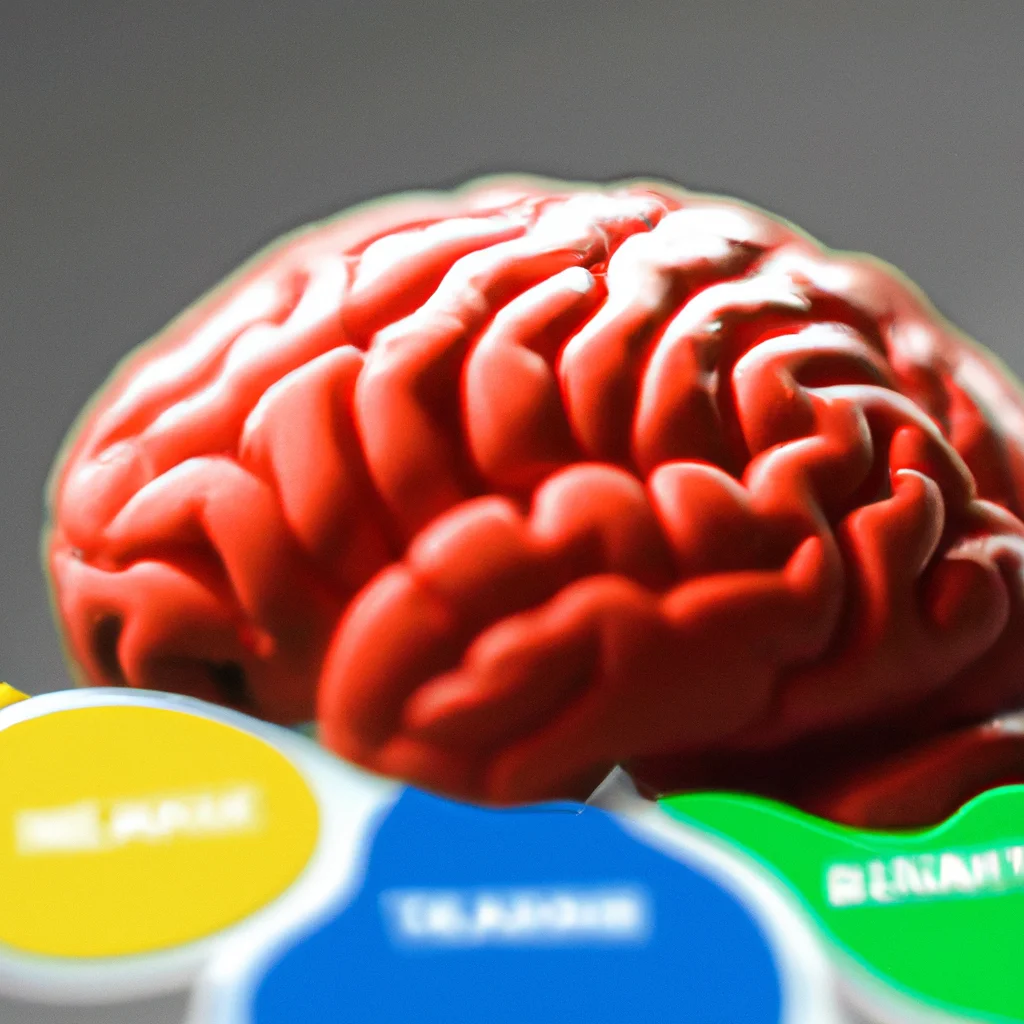What is the role of dopamine in the human body?


What is the role of dopamine in the human body?
Dopamine is a neurotransmitter that plays a crucial role in the human body. It is a chemical messenger that helps transmit signals between neurons in the brain. Dopamine is involved in several brain functions, including motivation, reward, mood regulation, and movement control. In this article, we will explore the role of dopamine in the human body, its effects on mental health, and its association with neurological disorders like Parkinson’s disease and addiction.
What is Dopamine?
Dopamine is a neurotransmitter produced in the substantia nigra, a region of the midbrain. It is released by neurons and binds to dopamine receptors in the brain. Dopamine is involved in several brain functions, including motivation, reward, mood regulation, and movement control. It is sometimes referred to as the “feel-good” neurotransmitter because it is associated with feelings of pleasure and reward.
Role of Dopamine in the Human Body
Dopamine plays a significant role in several brain functions. It is involved in the following:
1. Reward System: Dopamine is a key player in the brain’s reward system. It is released when we experience something pleasurable, such as eating food, having sex, or receiving a reward. Dopamine signals to the brain that the activity is pleasurable, reinforcing the behavior and encouraging us to repeat it.
2. Movement Control: Dopamine is involved in the control of movement. It helps to coordinate muscle movements and maintain motor function. A decrease in dopamine levels can lead to movement disorders like Parkinson’s disease.
3. Mood Regulation: Dopamine also plays a role in regulating mood. It is involved in the brain’s pleasure and reward pathways, which can influence our mood and emotional state. Low levels of dopamine have been linked to depression and other mood disorders.
4. Attention and Learning: Dopamine helps to regulate attention and learning. It is involved in the brain’s motivation and reward pathways, which can influence our ability to focus and learn new information.
Effects of Dopamine on Mental Health
Dopamine plays a significant role in mental health. Imbalances in dopamine levels can lead to several mental health conditions, including depression, bipolar disorder, and schizophrenia.
Low levels of dopamine have been linked to depression. In people with depression, dopamine levels in the brain are often lower than in people without depression. Antidepressant medications work by increasing the levels of dopamine in the brain, helping to improve mood and reduce symptoms of depression.
In bipolar disorder, dopamine levels can fluctuate, leading to periods of mania and depression. During periods of mania, dopamine levels are often high, leading to feelings of euphoria and increased energy. During periods of depression, dopamine levels can be low, leading to feelings of sadness and low energy.
In schizophrenia, there is an imbalance of dopamine in the brain. High levels of dopamine in certain areas of the brain have been linked to symptoms of psychosis, including hallucinations and delusions.
Dopamine and Neurological Disorders
Dopamine plays a crucial role in several neurological disorders, including Parkinson’s disease and addiction.
Parkinson’s disease is a degenerative disorder that affects the nervous system. It is caused by a loss of dopamine-producing neurons in the substantia nigra, leading to a decrease in dopamine levels in the brain. This can lead to symptoms like tremors, stiffness, and difficulty with movement.
Addiction is a disorder that involves compulsive drug use despite negative consequences. Drugs like cocaine and methamphetamine increase the levels of dopamine in the brain, leading to feelings of euphoria and reward. Over time, the brain becomes less responsive to dopamine, leading to a decrease in pleasure and an increase in cravings. This can lead to addiction and compulsive drug use.
Conclusion
In conclusion, dopamine is a neurotransmitter that plays a crucial role in the human body. It is involved in several brain functions, including motivation, reward, mood regulation, and movement control. Imbalances in dopamine levels can lead to several mental health conditions, including depression, bipolar disorder, and schizophrenia. Dopamine also plays a significant role in neurological disorders like Parkinson’s disease and addiction. Understanding the role of dopamine in the human body can help us better understand and treat these conditions.
Recent Posts
How do I create an engaging and informative online quiz or assessment?
Creating an engaging and informative online quiz or assessment can be a powerful tool for… Read More
What are the most effective methods for managing and reducing work-related stress in the hospitality industry?
Work-related stress is a common issue in the hospitality industry, where employees often face long… Read More
How can I improve my assertiveness and communication skills in a leadership position?
In a leadership position, assertiveness and effective communication skills are crucial for success. Being able… Read More
What are the key elements of a successful employee recognition and rewards program?
Employee recognition and rewards programs play a crucial role in motivating and engaging employees, as… Read More
How do I effectively manage and respond to customer feedback and reviews?
Customer feedback and online reviews play a crucial role in shaping a company's reputation and… Read More
What are the best strategies for effective time management as a stay-at-home parent?
Effective time management is crucial for stay-at-home parents who juggle multiple responsibilities on a daily… Read More